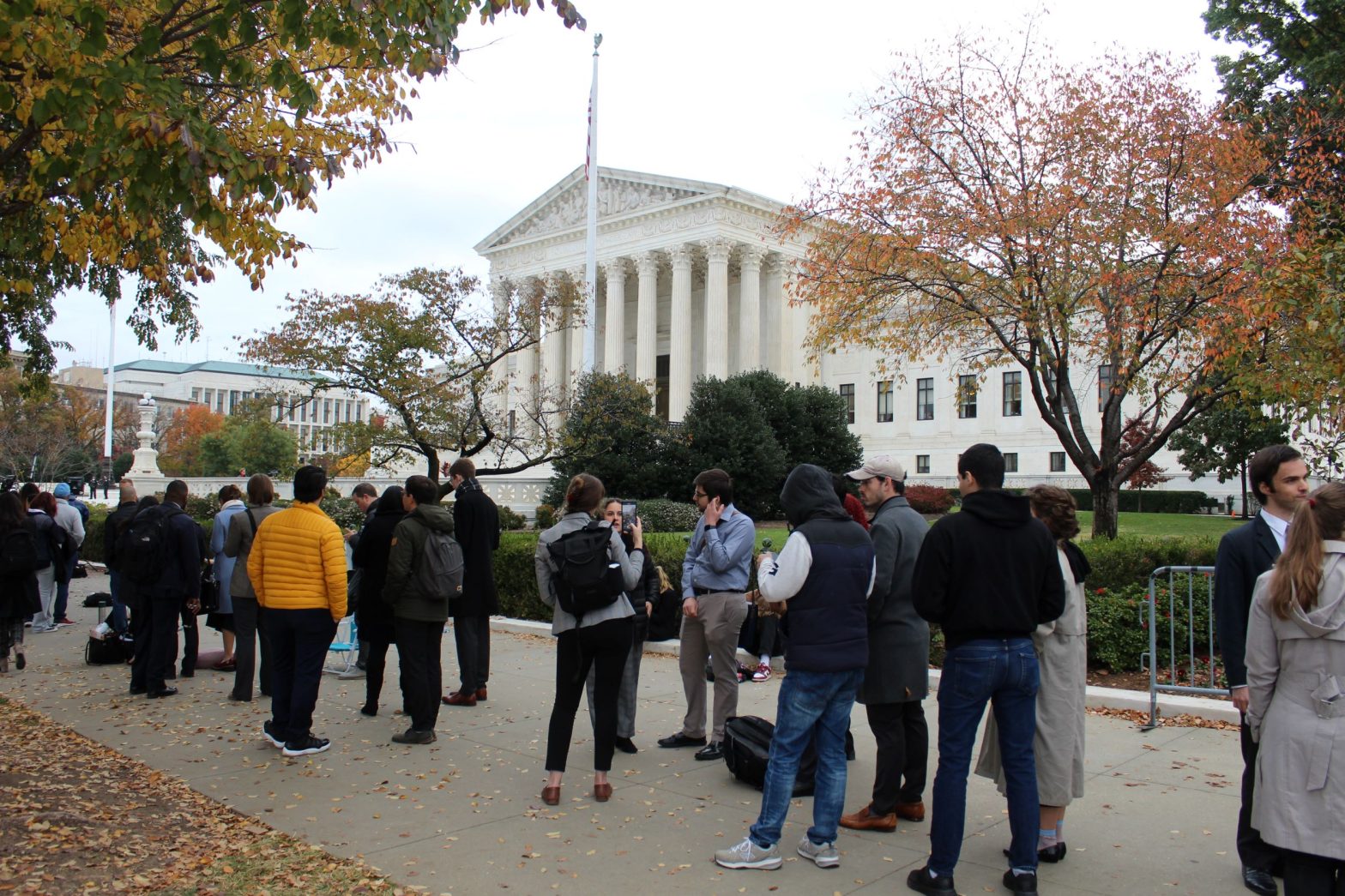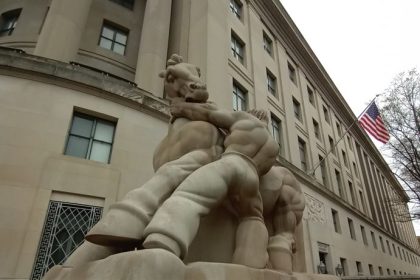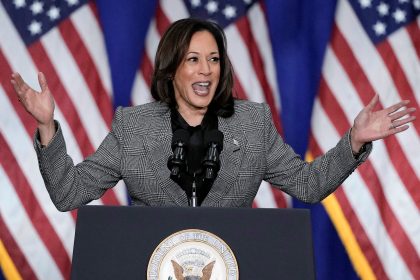Supreme Court Hints at New Limits on Authority of Federal Agencies

WASHINGTON — U.S. Supreme Court justices implied Monday they are likely to make it easier to challenge the authority of regulatory agencies in disputes with the Securities and Exchange Commission and the Federal Trade Commission.
The key issue in Axon Enterprise v. Federal Trade Commission was whether people and companies must wait for agencies’ administrative rulings or whether they can take their claims straight to federal court.
Under current case law, federal agencies have some discretion to set their own procedures to challenge their orders, fines or actions. The breadth of the Supreme Court ruling in the Axon case is likely to spread far beyond the FTC, according to legal experts.
“The court’s holding could potentially open the door to constitutional challenges to any federal agency’s administrative hearing procedures,” Tom Johnson, a partner at Washington, D.C.’s Wiley Law, told The Well News.
The issue is reaching the Supreme Court now because “these agencies have become increasingly aggressive in their regulatory efforts, in part because of their unaccountable structure,” said Johnson, who is a former general counsel for the Federal Communications Commission.
Axon, an Arizona company that makes police body cameras, argued that Article III of the Constitution gives federal courts “original jurisdiction of all civil actions arising under the Constitution.”
As a result, it should be able to bypass the delays that could come from an agency’s administrative procedures.
The Federal Trade Commission was investigating Axon to determine whether its $13 million acquisition of a competitor would violate antitrust laws.
When Axon protested, the FTC required that it argue its complaint in an agency hearing and await its ruling.
“Rather than resign itself to the ongoing unconstitutional injuries inflicted by the FTC’s process, [Axon] filed suit in district court seeking to enjoin the unconstitutional FTC proceedings,” Axon’s petition to the Supreme Court says.
The FTC said its authority was derived from the jurisdiction Congress gave it when the agency was established. Its attorneys argued they properly followed federal law under the Administrative Procedure Act.
The FTC filed a “cease and desist” order with the U.S. District Court, which the court upheld. The Ninth Circuit Court of Appeals agreed with the district court, which prompted Axon’s appeal to the Supreme Court.
The Axon dispute was one of two cases the Supreme Court heard Monday to define the limits of agency authority.
The other dealt with a similar issue when Texas accountant Michelle Cochran was accused of misconduct in the case of Securities and Exchange Commission v. Cochran. Cochran argued she should be allowed to take her complaint to federal court rather than be subjected to SEC agency procedures.
The Fifth Circuit Court of Appeals agreed with her, which led the SEC to appeal to the Supreme Court.
Her attorney, Gregory G. Garre, implied the SEC has a conflict of interest in first sanctioning Cochran and then ruling on her appeal.
“The SEC acts as prosecutor, judge and, in effect, executioner in its own proceedings, all of which give it an extraordinary home court advantage,” Garre said.
Justice Samuel A. Alito seemed to agree when he asked, “What sense does it make for a claim that goes to the very structure of the agency having to go through the administrative process?”
Chief Justice John G. Roberts Jr. mentioned that government agencies have lost several recent cases that opposed their administrative hearing procedures.
“Doesn’t that underscore the need for a direct proceeding to raise the constitutional claim rather than waiting however many years before the agency?” Roberts asked.
Several recent Supreme Court decisions have cut back on federal agency authority.
In April, the Supreme Court said the FTC could no longer get court orders forcing companies to return illegal profits.
In June, the Supreme Court ruled the Environmental Protection Agency exceeded its regulatory authority on limiting greenhouse gas emissions.
In 2017, the Supreme Court restricted the SEC’s ability to win back money for investors from misbehaving corporations.
The Supreme Court is scheduled to release rulings in June in the cases of Axon Enterprise Inc. v. FTC, case number 21-86, and SEC v. Cochran, case number 21-1239.
Tom can be reached at [email protected] and @TomRamstack
























